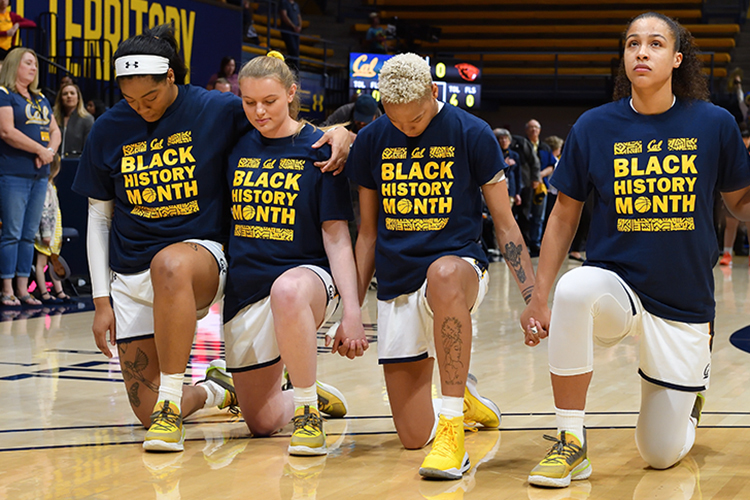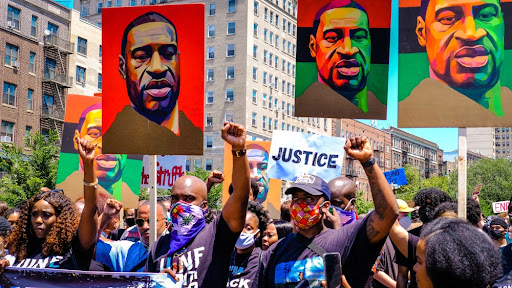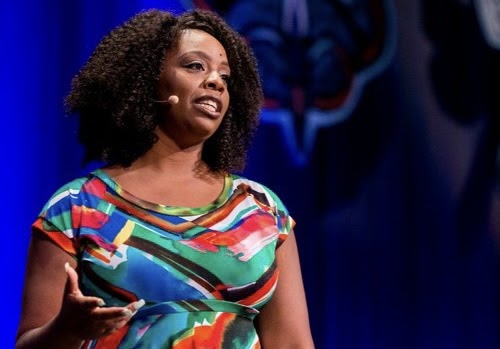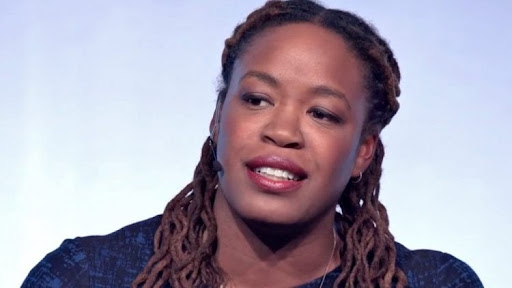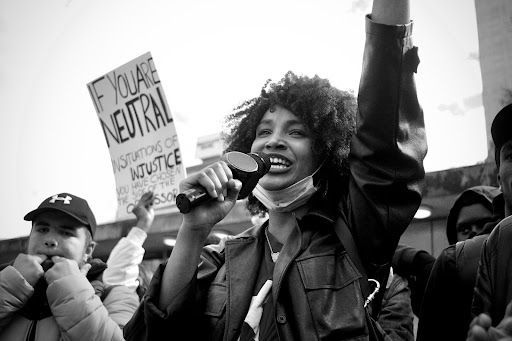Violence continues in Iraq. ABNA notes, "Iraqi news sources reported that two US military logistics convoys were targeted in the Samawah and al-Diwaniyah districts. Sabereen News reported early Sunday that an American logistics convoy had been attacked in Samawah. According to the Iraqi media, the attack was carried out using roadside bombs. The second US logistics convoy was targeted on the Samawah-al-Diwaniyah International Road, Sabreenews reported." In other violence, a judge was shot dead today in southern Iraq. AFP reports:
Judge Ahmed Faisal was headed home in his car in the city of Amara, the capital of Maysan province, when unknown assailants blocked his route and opened fire, a police officer told AFP on condition of anonymity.
A forensic source said the judge died of gunshot wounds to the head and chest.
Meanwhile, still no goverment in Iraq despite the October 10th elections. Is the western media losing patience with their idol Moqtada al-Sadr? Will they stop pretending he knows what he's doing and is on the verge of building a government? AFP reports:
The largest bloc in the Iraqi parliament, led by Shiite cleric Moqtada Al Sadr, said it will boycott the session called to elect the country's president.
Hassan Al Izari, the 73-member bloc's parliamentary chief, told a news conference on Saturday that they would not attend the session on Monday, making a vote by the 329-member house unlikely although technically a quorum could be reached.
The vote for president, a largely ceremonial role traditionally reserved for Iraq's Kurds in post-Saddam Iraq, primarily pits the incumbent Barham Salih against his top challenger, former minister Hoshyar Zebari, a candidate of the Kurdistan Democratic Party (KDP).
For those who need to believe Moqtada's a genius and a major politician? Maybe you can tell yourself that Moqtada sees no changes being made in the government and wants to avoid being connected to this? Maybe. But if that's the case, he's going to have bench hmself a great deal in the near future.
Iraqi leaders on Saturday called on the country’s political blocs to overcome their differences on the formation of a new government.
The call was made on state television by President Barham Salih, Prime Minister Mustafa al-Kadhimi, and Parliament Speaker Mohamed al-Halbousi, shortly after Shia cleric Muqtada al-Sadr’s bloc said it will boycott a planned session on Monday to elect the country's new president.
"Today, we stand before the aspirations of our people who have long suffered from crises and disasters, wars, tyranny and terrorism, and the time has come to overcome them through good governance," Saleh said.
The Iraqi leader warned that the “continuation of the status quo is no longer acceptable” and called for “the formation of a new capable government” in a “peaceful” and “democratic” manner.
And so you can see how stupid some outlets are -- what liars they can be -- here's TRT:
er's candidacy has stirred controversy due to years-old corruption accusations against him in court that led to his 2016 dismissal from the post of finance minister.
After having served for a decade as foreign minister followed by two years as finance minister, parliament fired Zebari in September 2016, notably over charges that $1.8 million of public funds were diverted to pay for airline tickets for his personal security detail.
Zebari has always denied any corruption accusations.
The Sadrist MP said Zebari was "not a consensus (candidate)".
Al Sadr’s Sairoon alliance emerged the biggest winner in the October 10 elections, with 73 seats in the 329-memb
Incumbent President Barham Salih, of the PUK, and the candidate of the KDP, Hoshyar Zebari, are the frontrunners for the post.
The latter parliament, followed by Mohammed al Halbousi’s Taqaddum (progress) bloc with 37 seats.
Where it noted that the KDP outperformed the PUK in the recent elections? How do you leave that detail out?
Oh, right. Because we're the only English-language site covering Iraq that's bothered to point that out and to point out that PUK has no rightful claim on the presidency.
The following sites updated:


